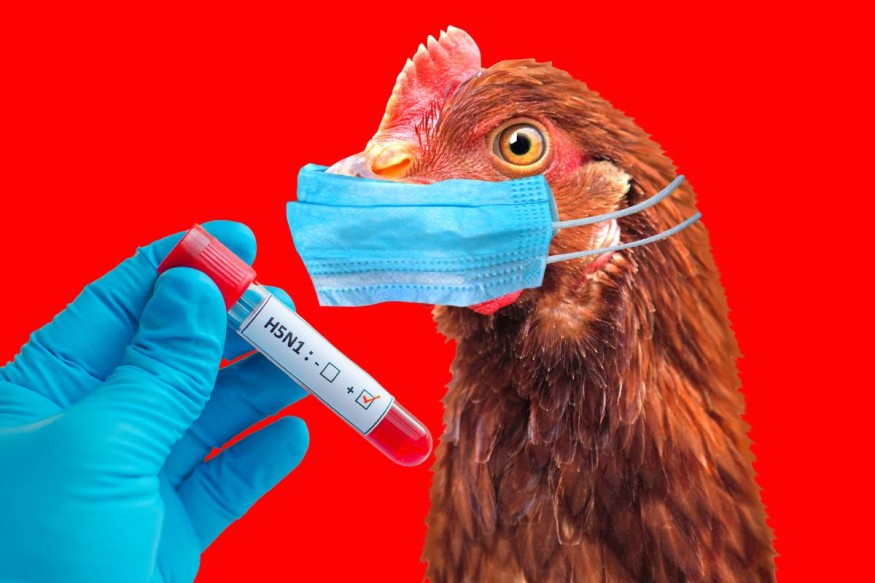
The worst avian flu outbreak in U.S. history is raising alarms as the virus jumps from birds to mammals like cows, and even infects farm workers - sparking fears it could mutate and spread more easily between humans.
If you've turned on the news recently, you've likely heard rumblings about the nationwide avian flu outbreak going down. Avian flu, also called bird flu, is exactly what it sounds like - an influenza virus that primarily infects fowl. While that may not seem too alarming at first, this particular strain has been ruffling a lot of feathers by behaving in troublesome ways past versions did not.
Avian Flu Not Just For the Birds Anymore
This has actually been called the worst bird flu crisis in U.S. history, with over 58 million birds culled across 47 states since early 2022. And this, of course, is increasing the price of poultry in your supermarket. But here's where it gets even more unsettling - this nasty virus recently made the jump from birds to mammals. In recent months we've seen cases pop up in grizzly bears, sea lions, raccoons, and even domestic cows. Bovine infections are particularly unnerving because cows are as closely involved in our food supply as chickens and turkeys. And if all that is not enough to worry about, last month, a dairy farm worker in Texas became the first human case linked to the virus after being exposed to infected cattle. To understand the situation here - it's only supposed to get birds sick, but it hopped from birds to bovines to human beings...EEEK! The problem has caught the attention of food expert Eric Schlosser (author of "Fast Food Nation") who went as far as to warn that our next big pandemic may come directly from our poultry farms.

Second Human Case Creating Concerns
So now that we have a second confirmed human case in a Michigan farm from a worker who had close contact with livestock, there's justified concern. According to state health officials, this person experienced only mild, eye-related symptoms and has recovered. But it underscores how this virus could potentially spread to more people working on farms hit by outbreaks. That is thousands of Americans that can possibly then spread the disease within their communities.
Risk Still Low, But Caution Is Key
While the risk to the general public is still considered low at this point, this farm worker situation is certainly raising eyebrows. You see, influenza viruses can mutate and potentially become even more infectious or deadly to humans. If they manage to keep spreading and changing through the population, we may have a runaway train of health issues on the horizon. We still don't know what the transmission rate may be from person to person, but if it figures out how to adapt to us, it could kickstart a brand new pandemic - something no one wants to repeat after the COVID-19 disaster we all endured. Public health experts are, therefore, keeping a very close eye on the situation. For now, state and federal officials are taking steps like providing protective equipment to farm workers, increasing monitoring, and developing strategies to control the virus's spread on farms. They're also able to leverage some of the pandemic preparedness investments made during COVID-19 to respond effectively.
While a human pandemic sparked by bird flu is not an immediate threat based on the current data, the farm worker cases show that avian viruses can unexpectedly jump to other species. So, it's for sure a situation that warrants cautious investigation from the public health community. We'll have to wait and see if this bird flu finally gets its wings clipped or if it migrates into an even bigger cause for concern. But keep yourself informed and listen to experts when and if recalls about infected foods are announced. A great source of information is the FDA's recall page. Get informed and stay safe, fam.









